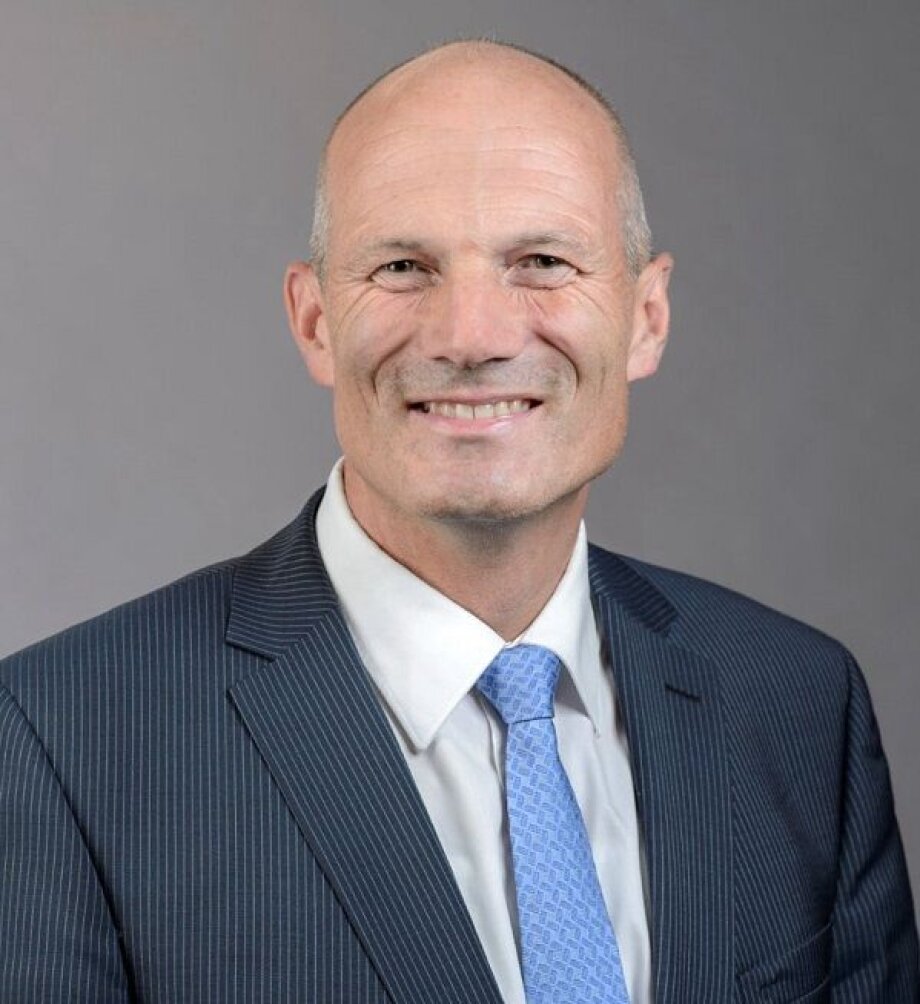What’s the growth forecast for your country for 2022 and which industries are expected to do well in the coming year?
The Swiss economy is forecast to grow around 3.4% in 2022, driven by catch-up effects in consumer spending and investment, as well as by strong growth in exports. The ongoing recovery has a clear impact on the labor market and experts forecast annual average unemployment to decline to 2.7% in 2022. Industry, insurance, and financial services have regained their pre-crisis levels, but other sectors are still lagging behind, in particular, transportation and tourism. Experts assume that the recovery in 2022 will finally bring momentum to those industries that have continued to suffer from pandemic-related restrictions in 2021.
How popular are e-vehicles/e-cars in your country and which vehicle/car brands are the most sought after?
Roughly one in five new passenger vehicles sold in Switzerland this year is either fully or partially electric (BEV and PHEV), which puts Switzerland in the global top ten. This year, the best-selling electric vehicles are Tesla Model 3, VW ID.3, Renault Zoe, Fiat 500, and Škoda Enyaq iV. Even heavy trucks are being electrified. The Swiss company Designwerk has already delivered almost 100 fully-electric heavy-duty garbage and recycling trucks to Swiss municipalities. One of their "Futuricum" trucks, a semi-trailer for a logistics company, was on display in Warsaw a few weeks ago for the opening of the Embassy of Switzerland's touring exhibition "CLEANTECH — technologia dla zielonej przyszłości.” For more information about the exhibition visit
bit.ly/WystawaCleantech.
How’s electricity produced in your country and what are the major sources (including renewable and non-renewable)?
In 2020, 76% of Swiss electricity was produced from renewable sources such as hydro, solar, wind, and biomass. Overall, 20% is still provided by four nuclear plants. As a mountainous country with many lakes and rivers, Switzerland has a long history of clean hydropower. Now, we are adding solar farms: the pioneering project "AlpinSolar" turns the Muttsee hydroelectric dam into our largest alpine photovoltaics plant! As for nuclear plants, the Swiss government decided not to replace them, mainly due to very high investment costs, but also because we have not yet found a viable and safe solution for the long-term disposal of radioactive waste. Meanwhile, the Swiss Energy Strategy 2050 aims to reduce energy consumption, increase energy efficiency and promote renewables.

